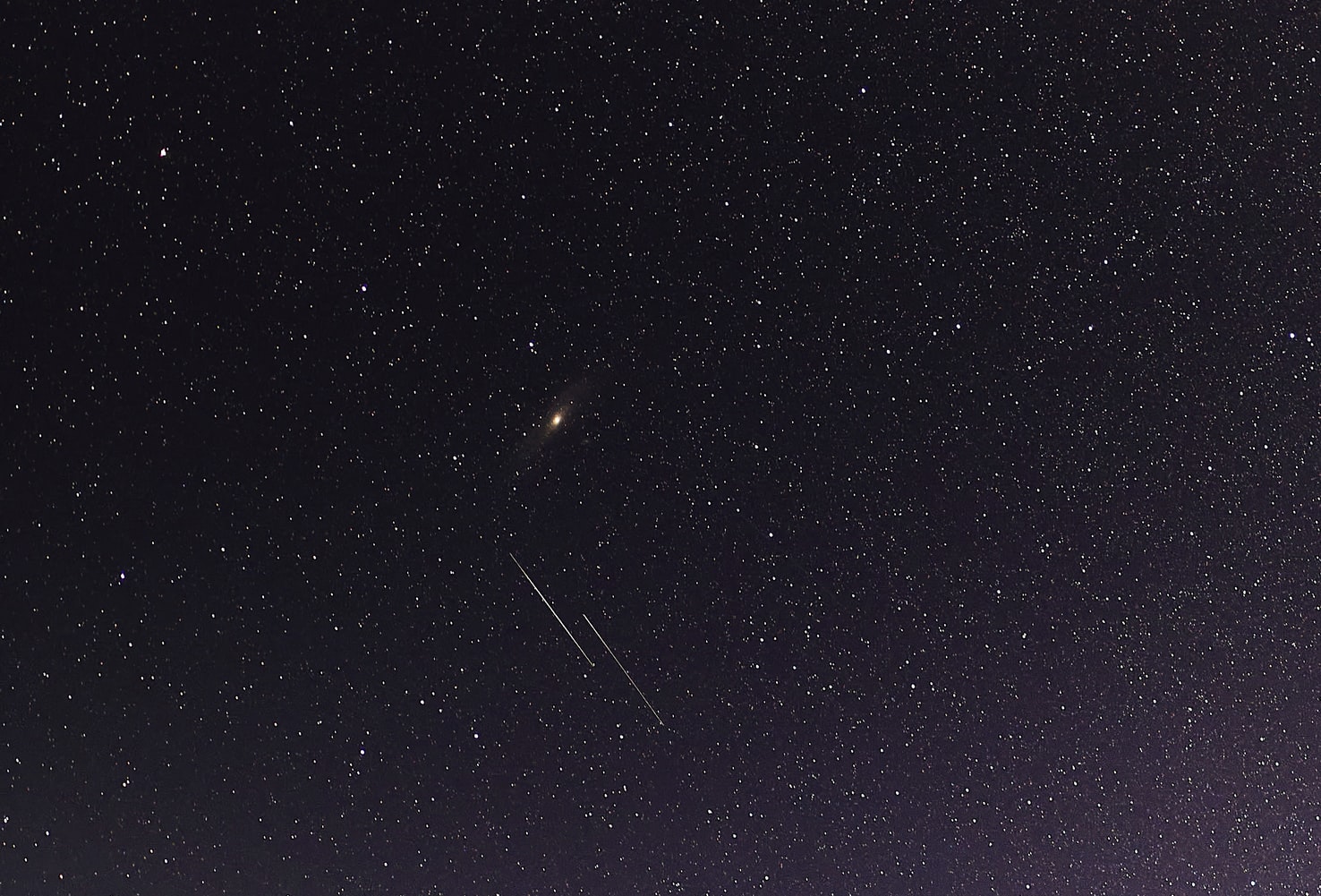
Image Credit: Tengyart/Unsplash
Coventry, UK & Washington D.C. – British researchers at the University of Warwick developed a computer algorithm to scan through old NASA data and analyze thousands of potential planets. The artificial intelligence (AI) examined findings of a deep space telescope and distinguished genuine exoplanets from false-positive ones, leading the AI to confirm 50 exoplanets. This information was uncovered in a study at the British Institution.
Exoplanets are planets that orbit stars outside the solar system. Of the exoplanets the AI identified, some are as large as Neptune, while others are smaller than Earth. Their orbit times vary between 200 days and a single day.
With confirmation, the identified planets can be further observed in future research. Scientists at the University of Warwick hope that the AI will validate findings for current and future telescope missions. It’s possible that the algorithm can be used to validate planet candidates “in seconds,” according to the British Institution’s study.
Additionally, NASA says an Earth-bound asteroid could enter our atmosphere ahead of the presidential election November 2nd. The asteroid known as 2018VP1, has only a 0.41% chance of colliding with the Earth, however. If the 6.5 foot asteroid does enter the planet’s atmosphere, it would disintegrate completely, posing no danger to people.
What other kind of space-related news and discoveries will happen next?
Image Credit: Tengyart/Unsplash
Sources:







